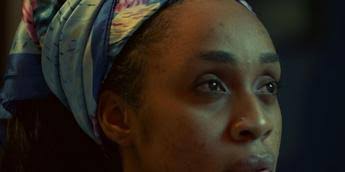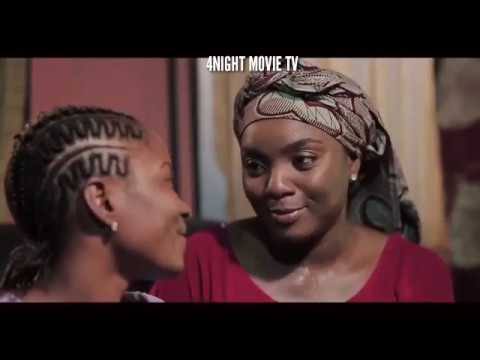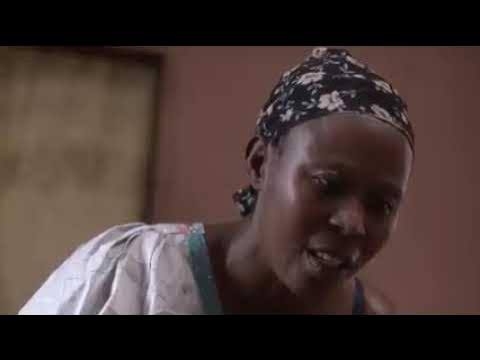Violence against women is still a big problem in Nigeria, hurting a huge number of women all over the country. People are still fighting this problem, and the Nigerian film business, or Nollywood, has become a strong way to bring attention to these wrongs. Nollywood has been able to teach, motivate, and give people hope for change through stories. In the past few years, a number of films have been made about gender-based abuse. These films give a raw, unfiltered look at the lives of many Nigerian women. Not only do these pictures show the physical violence, but they also show the mental, emotional, and social effects of abuse.
The movie *Dry* has had a big effect on people. This movie, which was directed by Stephanie Linus, is about young girls who are married off as children and have Vesico Vaginal Fistulas (VVF). It’s a sad look at how early marriage can hurt people and often cause health problems for the rest of their lives. *Dry* doesn’t shy away from showing the cultural practices that keep women victims of violence. This starts important talks about child marriage and its terrible effects.

Omoni Oboli’s *Wives on Strike* is another powerful movie. Using humour to talk about domestic violence, the movie takes a serious subject and makes it more fun. In “Wives on Strike,” a group of market women work together to stop a young girl from being abused among them. A sex strike is what they do to get their men to do something. The movie is funny, but it also has a strong message about how powerful group action can be and how important it is to stand up to abuse. It shows how important it is for women to stand up to harmful practices in their societies.
Another Nollywood movie that brings attention to abuse against women is “Hear Word!” The movie, which was based on a stage play, looks at the lives of several Nigerian women who have been abused in different ways, such as sexual harassment, forced weddings, and violence in the home. The movie is different because it uses true stories to show the problems many Nigerian women face. Hear Word! uses powerful performances to show how society needs to change and how important it is to listen to women’s opinions.

Lastly, Mildred Okwo’s film *The Meeting* talks about the unfair treatment women face at work. The movie isn’t just about violence against women, but it does touch on the bigger issue of gender discrimination by showing how women are often left out and treated badly at work. Through its characters, *The Meeting* shows how harassment at work can hurt people’s emotions and mental health, which adds to the talk about violence against women.
These four movies—”Dry,” “Wives on Strike,” “Hear Word!,” and “The Meeting”—are very important in Nigeria’s fight against violence against women. They’re not just fun; they’re also forces for change, bringing attention to the struggles of women that are often hidden and asking for a society where abuse is not accepted. Through the view of Nollywood, these films give survivors a way to be heard and move the conversation towards rights and justice for all women.
